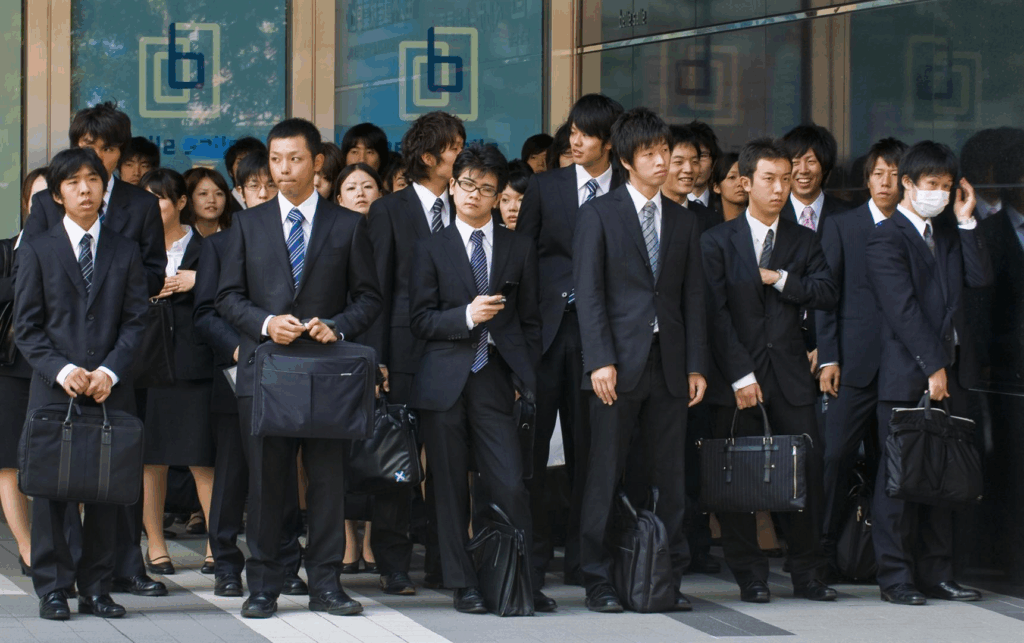We know that there is a connection between language and culture. How we use language to communicate shapes the way we think and understand the world. We imbue words with meaning that extends beyond the literal meaning. In English for example to say something is different, might not be a bad thing. It might be perceived as innovative or bold.
When I was a kid there was this trope that the Inuit had twenty words for snow because it was so central to their well-being. The more important a thing is, the more nuanced the language about that thing becomes. I think this becomes more evident as one learns a new language. It is difficult to see this in our native language because it’s just the way we’re taught to think. The patterns of language become more camouflaged and less noticeable. But learning a new language makes these cultural nuances stand out. You begin to question, “Why did they do it like that? And how does that shape the culture?”
As a foreigner one of the most striking things you notice about Japan is how similar everyone is. In preschool children start by wearing the same bright yellow hats and backpacks. There is a very sensible reason for this, it makes them highly visible. However it is also subtle conditioning. As they get older they wear the same school uniform. This continues through high school. Get on any train in the morning and you will see dozens of students identically dressed on their way to school.
Many, as they enter the work force, especially salarymen, end up wearing the same suit. In Japanese there is a famous proverb, “出る釘は打たれる” Deru kugi wa utareru – The nail that sticks out gets hammered.

I finally realized how this is internalized in the language. How this cultural norm is expressed.
In Japanese the adjective wrong is 違う – chigau. The adjective to be different is also 違う – chigau. Same kanji, same romanji. So quite literally in Japanese to be different, is to be wrong.
